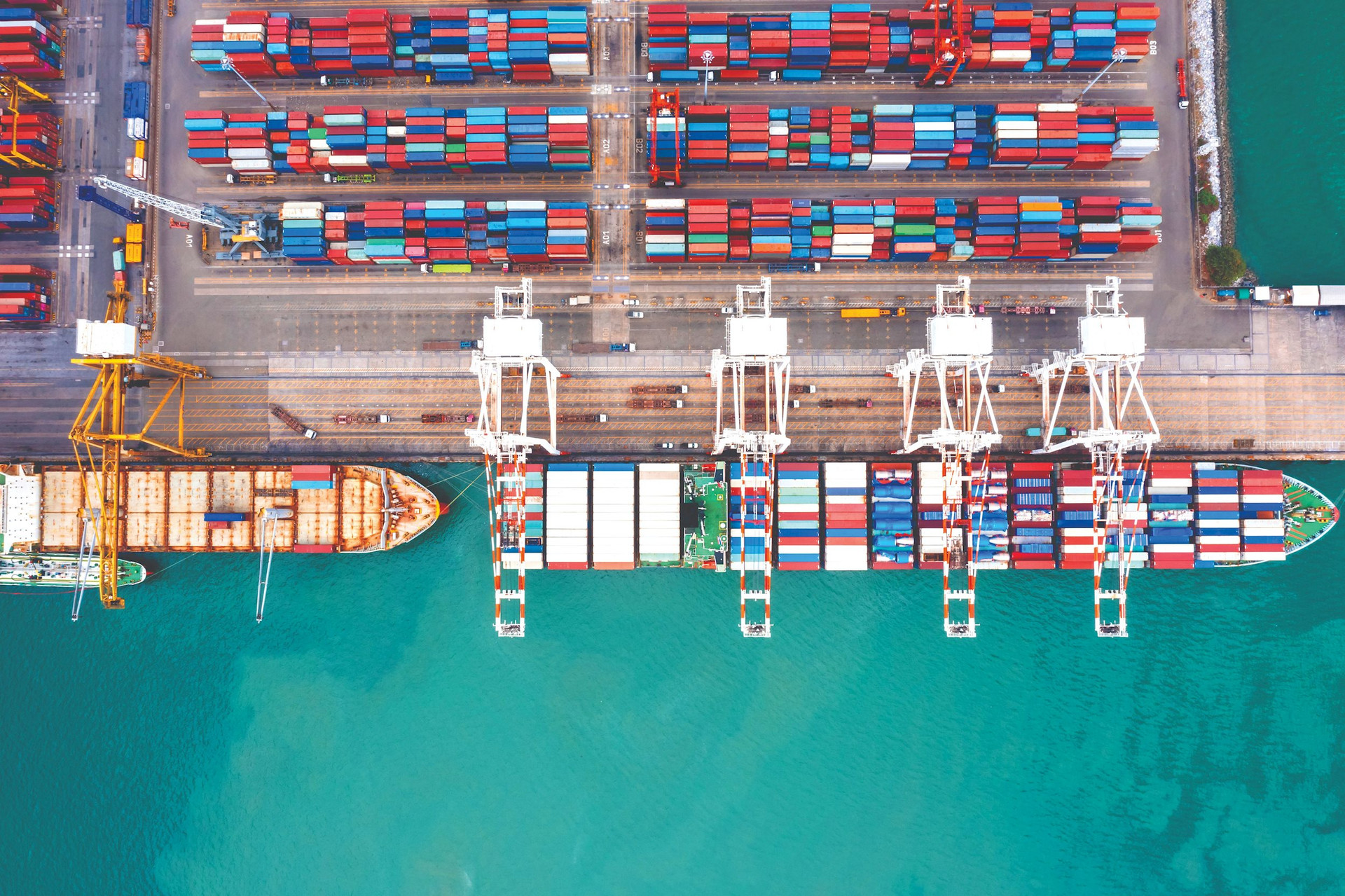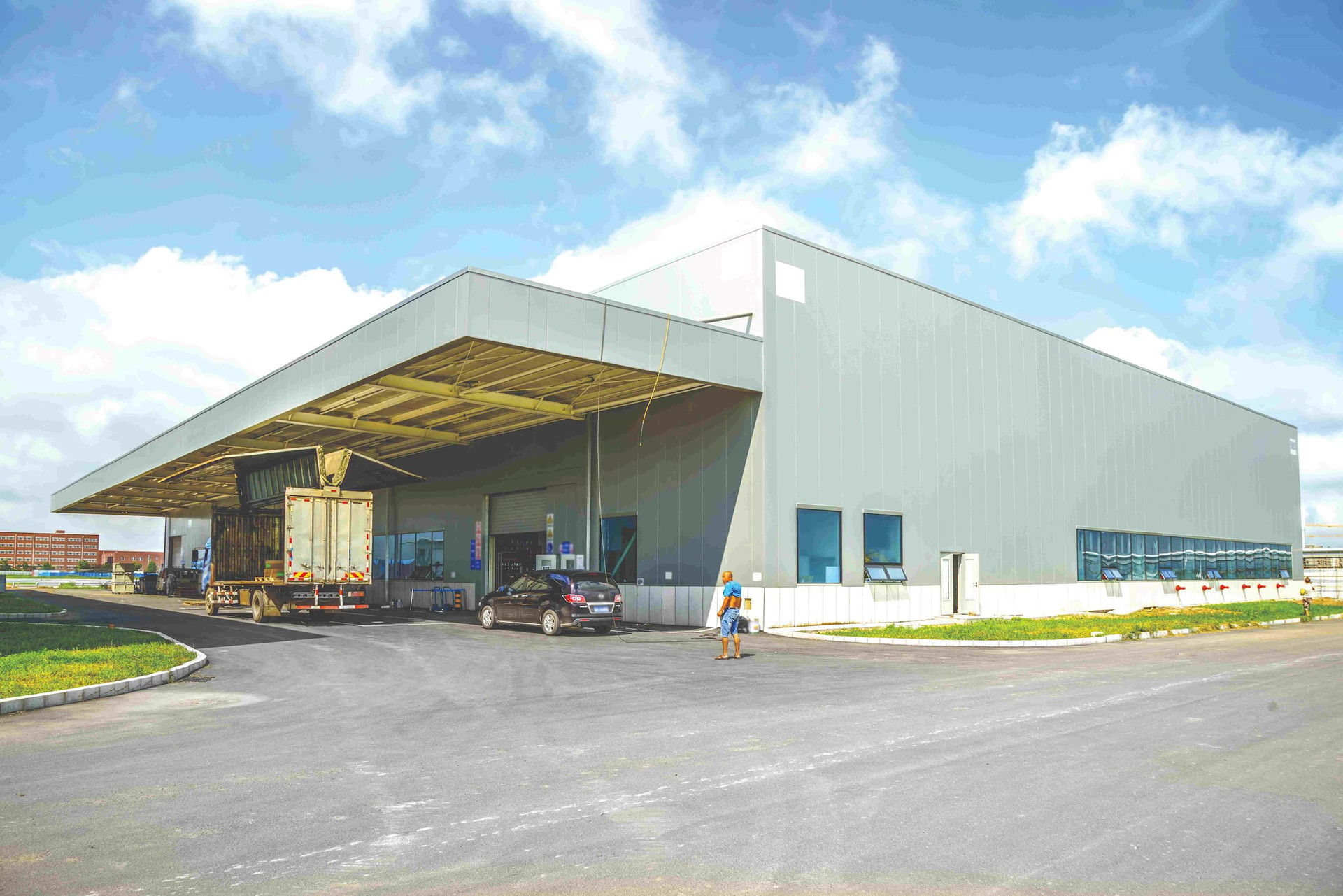It is essential to raise awareness of the role of the logistics industry in the national economy and, based on that, establish timely and appropriate mechanisms, policies, and solutions to further promote the economic and social benefits of logistics for the economy. Simultaneously, developing suitable policies to create favorable conditions for efficient investment and business operations in the logistics services sector in the new context is crucial and urgent.
Solutions to enhance the role of the logistics industry in the new context:
In the economy, the development of the logistics industry contributes to making Vietnam an integral part of the global value chain, linking Vietnam’s economy with the world economy. Logistics development helps expand the international trade market, increase consumer satisfaction, attract investment, and promote economic restructuring. A developed logistics industry contributes to cost savings and value-added during the distribution and circulation of goods. It also positively impacts cost reduction, improves accounting processes, and standardizes documentation in international production and business management. The logistics service sector contributes to enhancing management efficiency and strengthening the national competitiveness.

For businesses, the logistics industry helps improve production techniques, optimize resource utilization, reduce costs, prevent accidents, and enhance the competitiveness of enterprises. Logistics plays a crucial role in ensuring Just- In-Time (JIT) delivery, thereby ensuring the smooth operation of production and business processes, enhancing labor productivity, product quality, and cost reduction. It also effectively utilizes businesses’ capital. Logistics assists managers in making accurate decisions in production and business activities. Furthermore, the logistics industry promotes consumption and increases the value of products through the provision of supplementary circulation services (services continuing the production process in distribution and consumption).
In the national economy, logistics is both a science and a service sector that many localities identify as a leading industry driving rapid and sustainable economic growth. Therefore, to enhance and promote the role of the logistics industry in Vietnam’s economy and contribute to achieving the socio-economic development goals outlined in the development strategy for 2021-2030 and vision to 2045, we believe that comprehensive short-term and long- term solutions are needed. Here, we would like to further emphasize and discuss some key solutions:

» Thirdly, the establishment and development of logistics real estate, particularly industrial logistics parks and logistics centers (with a special focus on areas along National Route 1A, Ho Chi Minh Road, economic corridors connecting international borders with China, Laos, Cambodia, etc.). Additionally, building logistics industrial parks and centers to connect different regions aims to foster economic linkages, efficiently utilize economic corridors across the country, facilitate the circulation of goods, attract more logistics investments, enhance deep processing of products to increase their value, and promote the import and export of products to various localities, thereby increasing the contribution of the logistics industry to the GDP.
.jpeg)
» Fifthly, it is crucial to strengthen the training and development of the workforce for Vietnam’s logistics industry. Currently, the logistics workforce for various sectors, regions, and businesses is lacking both in quantity and quality, and it has not received sufficient attention and investment in training and development. This is a significant factor in fully utilizing the role of Vietnam’s logistics industry in the new context. Therefore, to enhance the training and development of the logistics workforce, there is a need to establish a new training sector for logistics, separated from the existing Sector Code 75106 - Industrial Management, which currently falls under the Industrial Management sector (since October 2017). The issuance of Circular 09/2022/TT-BGDĐT on June 6, 2022, which does not align with the policies and development direction of the logistics industry until 2050, as outlined in Government Decisions 200TTg, 221/ QD-TTg, and 531/QD-TTg, highlights the necessity for the creation of an independent logistics sector or at least a Level II or Level III logistics sector, classified under Sector Code 734: Business and Management or at a position equivalent to the current codes 781 - Tourism, Hotel... and 784 - Transportation Services, as per Circular 09. This would be in line with the policies and development direction of the logistics industry until 2050 and would not contradict Government Decision 531/QD- TTg dated April 1, 2021, Section 01, Item B, II, Item 01, which identifies Logistics Services along with Tourism, Information Technology, and Banking and Financial Services as the top four priority sectors for development from now until 2050.
» Sixthly, the Education Law 2019 also needs to be promptly amended and supplemented to clarify the roles and responsibilities of scientific disciplines in organizing and managing training in current universities to avoid the situation of building a “school within a school.” Relying on the law to eliminate scientific disciplines - which are important foundational units of universities directly involved in training high-quality human resources for society and serve as the cradle for nurturing and forming a team of leading scientists in each field of the national economy. Eliminating scientific disciplines in universities poses a significant risk to the quality of education since many complaints about the quality of education already exist, and businesses have to invest a lot to retrain due to overly broad and general education programs that lack proper management. The consequence would be that the newly formed logistics training sector, in line with the spirit of Decision 200/TTg on February 14, 2017, and Decision 221/TTg on February 22, 2021, might face challenges if universities follow the provisions of the Education Law 2019, making it difficult to achieve the objectives and tasks set out in Decisions 200/TTg and 221/TTg for practical implementation.